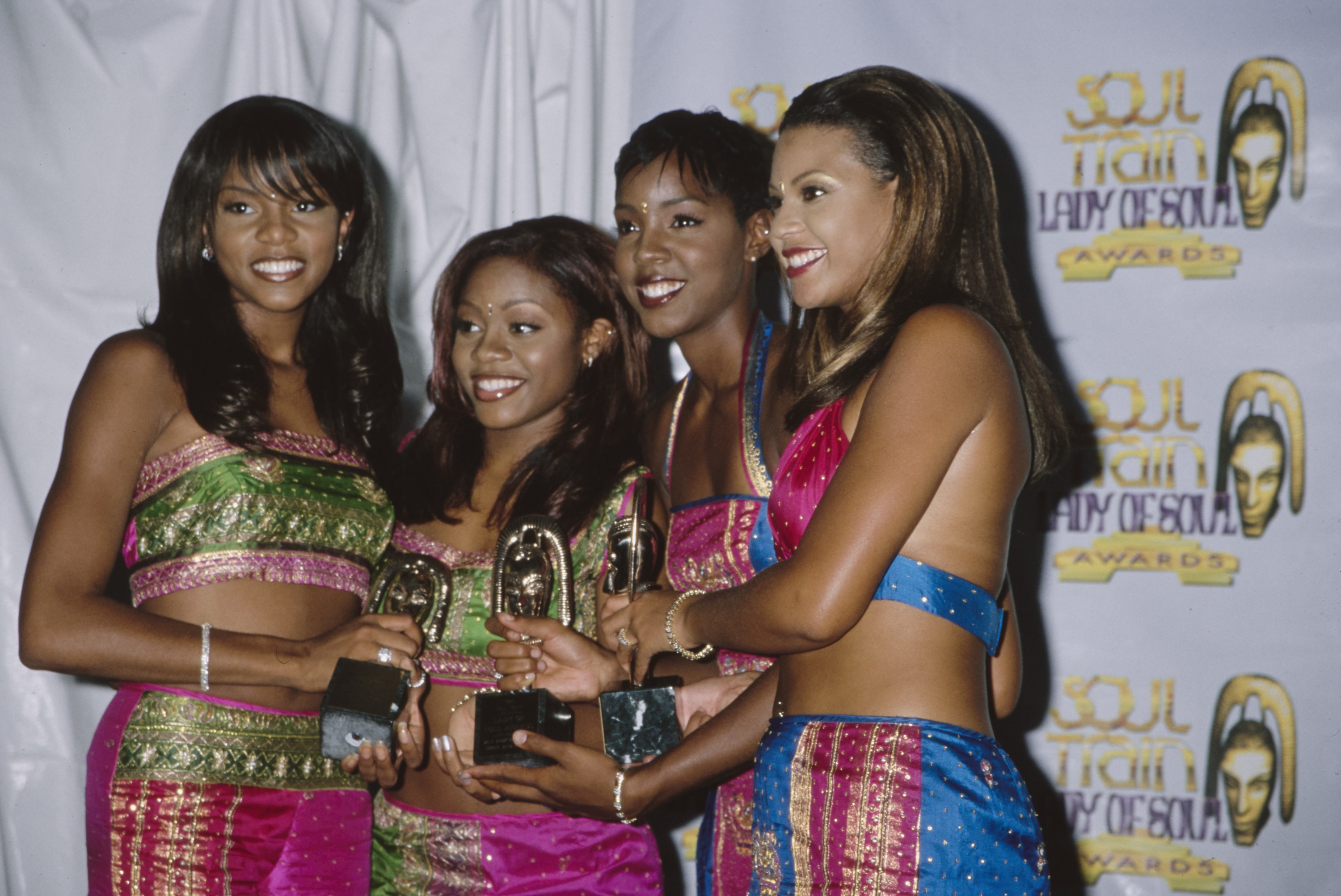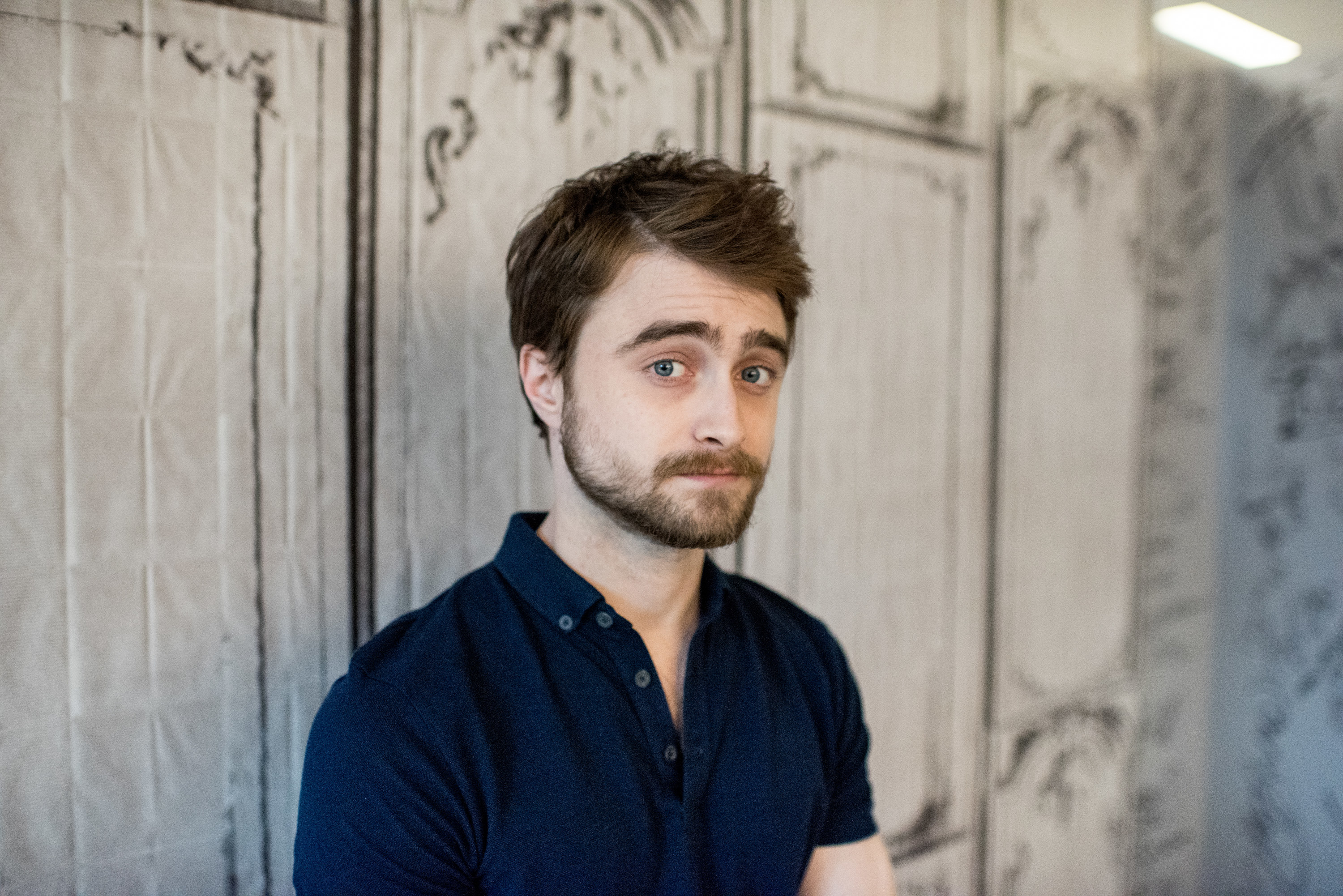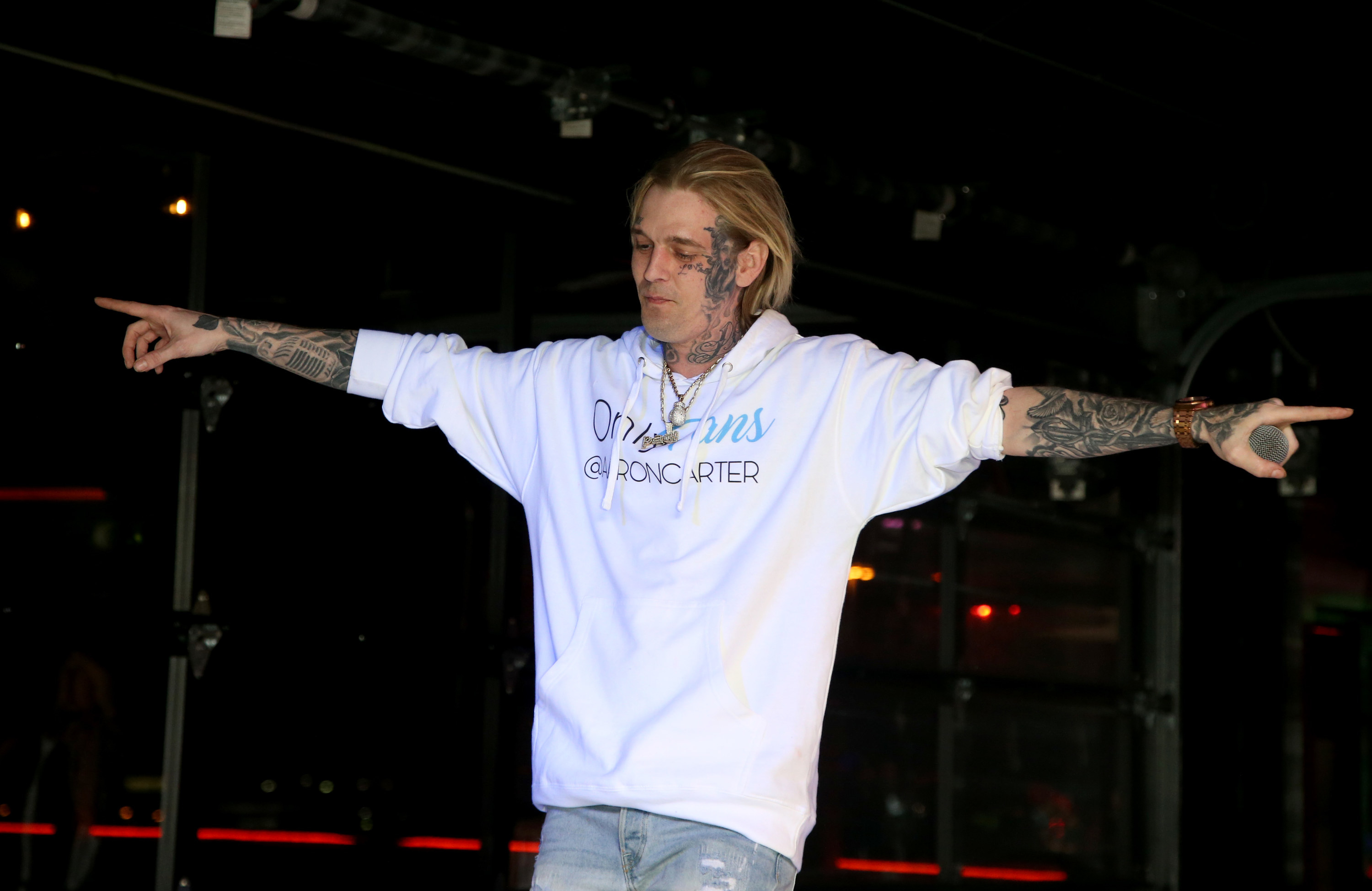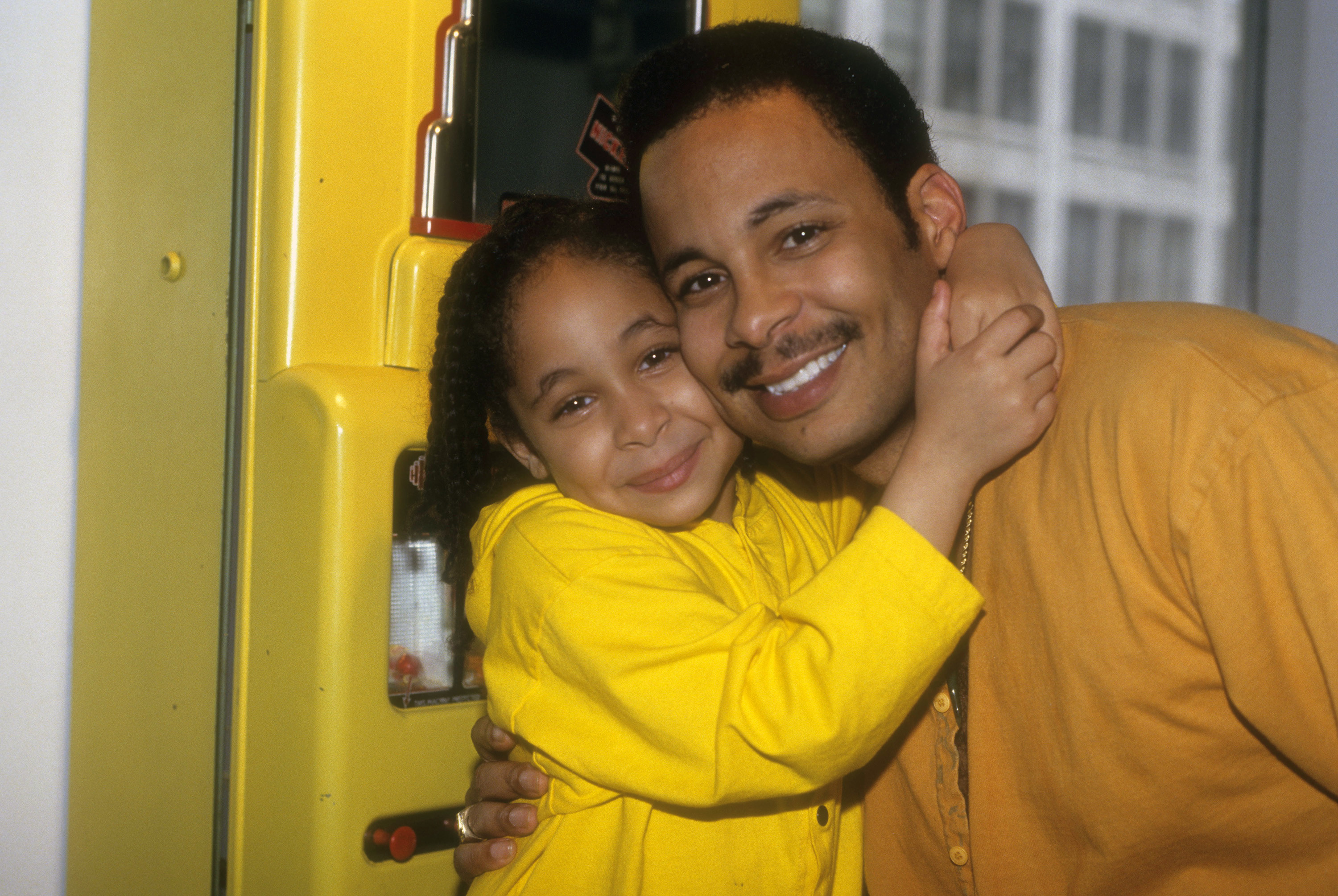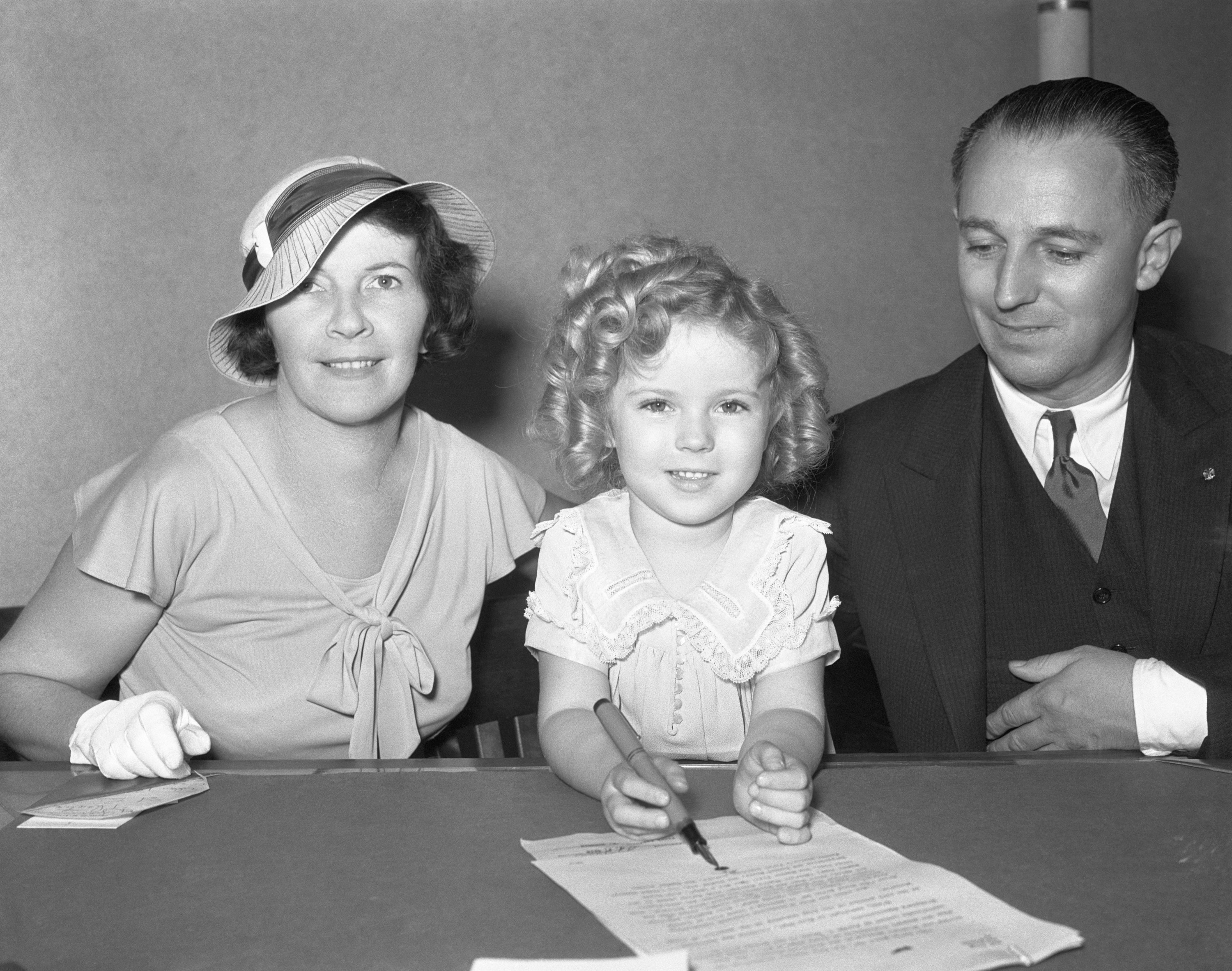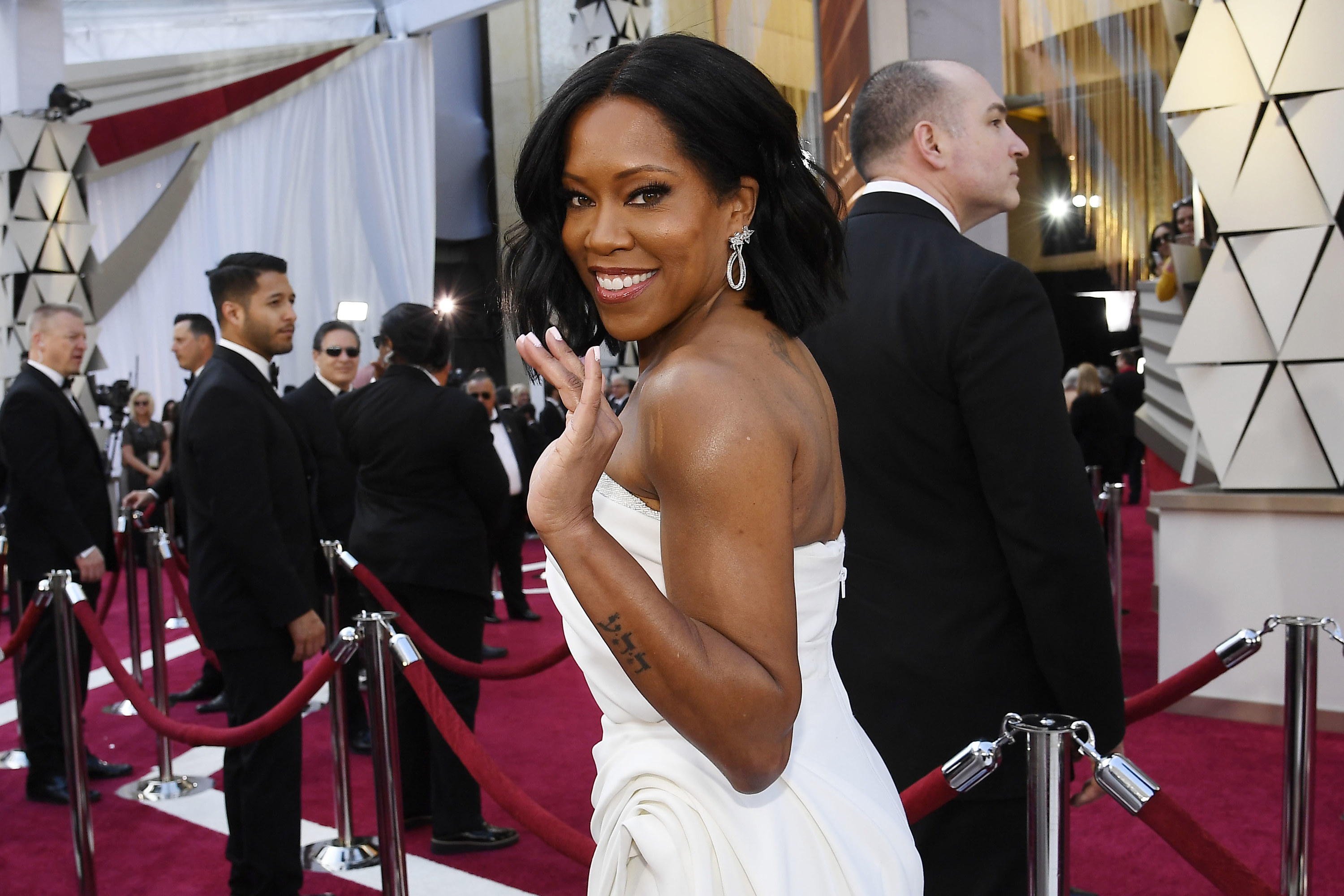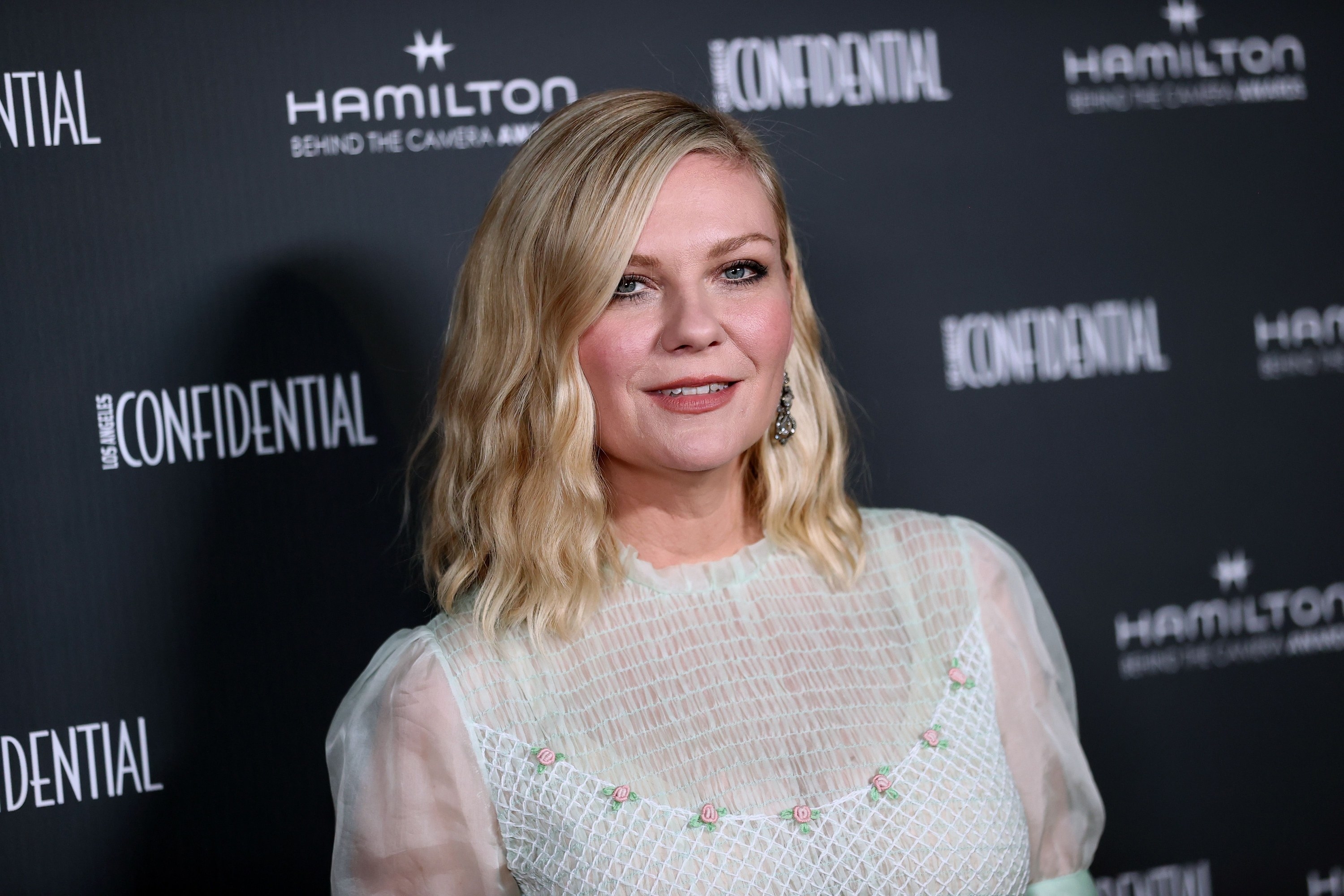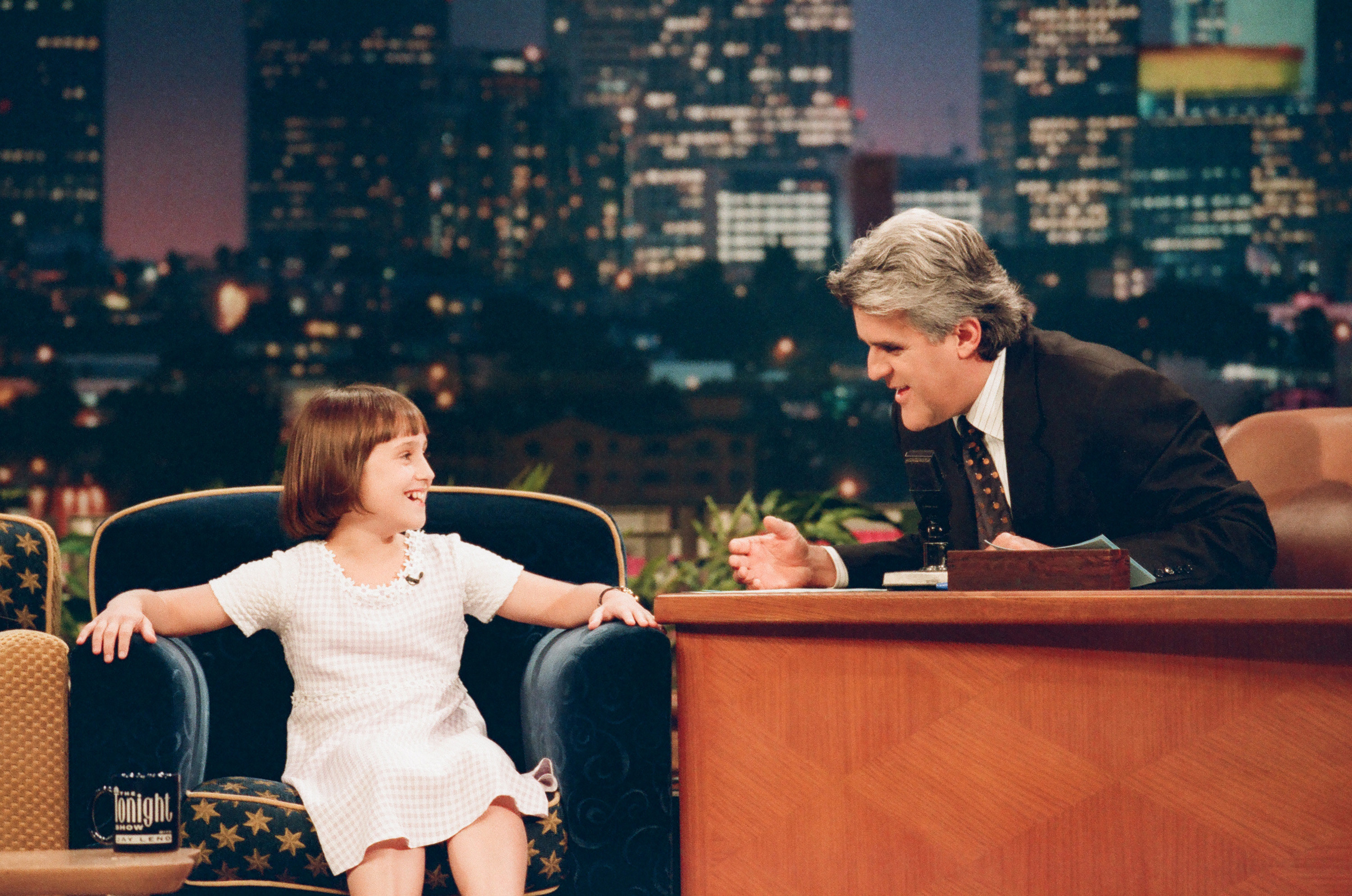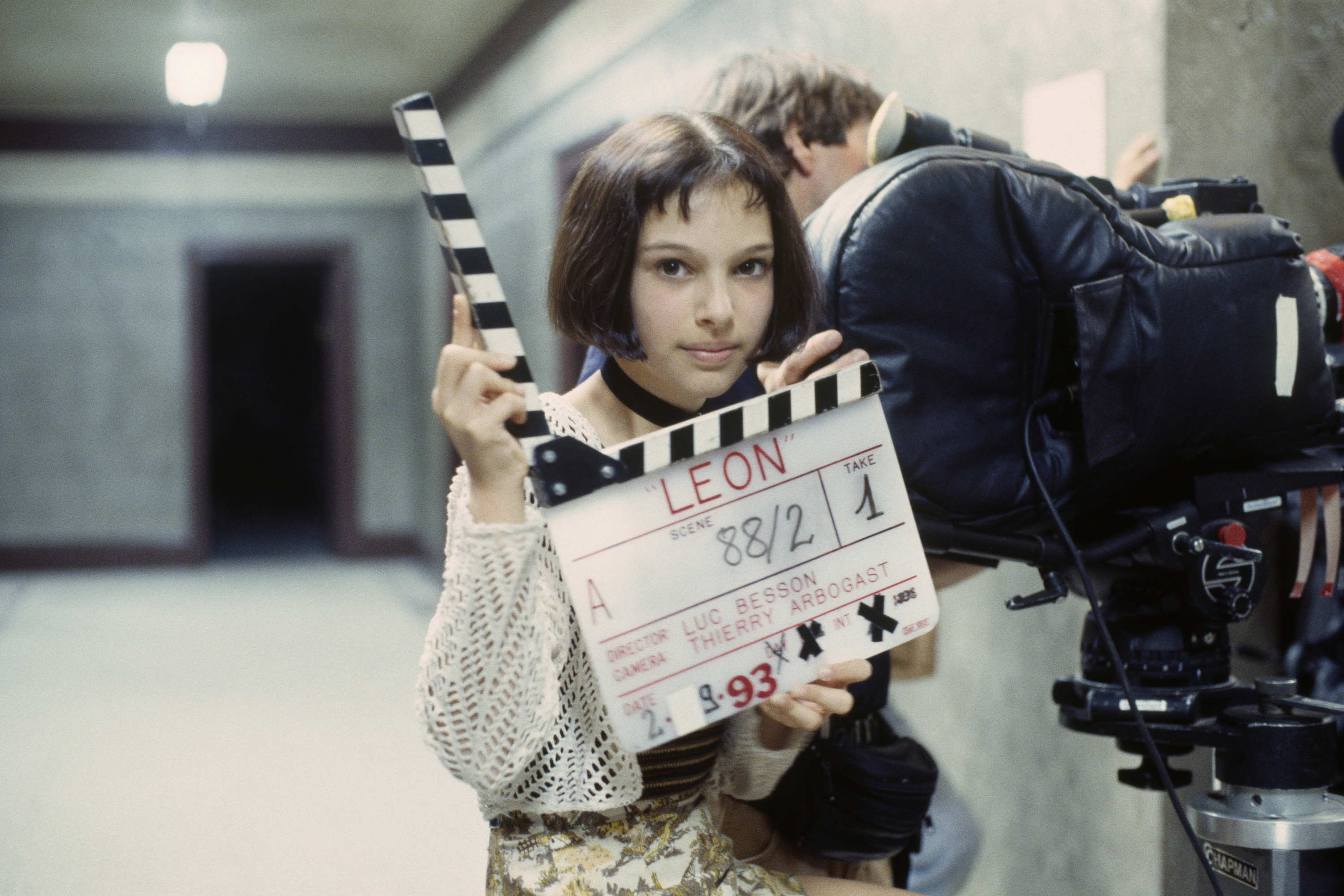Below, in their own words, these stars shine a light on an industry in need of much more oversight. After Jenette’s book came out, her former costar, Miranda Cosgrove, reacted in the New York Times: “When you’re young, you’re so in your own head. You can’t imagine that people around you are having much harder struggles. You don’t expect things like that from the person in the room who’s making everyone laugh.” “There was definitely a time when I was coming out of ‘Potter’ and I was into the real world, suddenly I was in a world where I’m not going to have that consistency anymore. I’m not going to see all those people every year. I’m not going to have my friends around me all the time. […] I drank a lot but that was more to do with going out in public and having a battle in me to be like ‘No, I can have a totally normal life.’” As a teenager, Barrymore’s mother put her in an institution for the mentally ill. While Barrymore does not resent her time in the institution (it was they who helped her become emancipated from her mother), she did find it hard to get work after she left: “To have such a big career at such a young age, then nothing for years — people going, you’re an unemployable disaster — that’s a tough trip to have by the time you’re 14. To have access to so many things, then to nothing.” Raven-Symoné also related: “[They said] I was too big to be doing an hour and a half concert. ‘I don’t know how she can dance being that big.’ And I was like, ‘I still did it!’ I was on tour forever because it’s not about your size, it’s about what you have to say, if you can sing or dance, and performing. It’s not about your size. I love embracing your body. In this day and age you have all kinds, and it’s funny, it’s serious, it’s every color, it’s every head shape, it’s every hair. And there’s androgyny, and there’s LGBT coming in, and it feels good. We didn’t have it enough last time and I guess that’s what the past is for — to make sure the present is what it needs to be. The world is too big to have one sort of view to show beauty, because then you are literally destroying society. You are literally destroying it. And then you want to talk about how we are judgmental to each other and this and this. But it’s being created in the industry that we’re in. So why not break the mold?” Culkin also revealed on the episode: “My father was such a crazy person that I had to do [a] whole episode [of Saturday Night Live] without cue cards. That meant that every other person in the cast couldn’t use cue cards, either. That’s insane. That’s completely insane.” He went on to say: “After I did Richie Rich in ’93 or ’94, my father and mother called it quits, which is one of the best things to ever happen to me. I was able to walk away from the business. I was able to say, ‘I hope you made all your money, because there’s no more coming from me.’ “He was a bad man. He was abusive. Physically and mentally. He was just a bad dude. A bad abusive man. He was a piece of work.” Ariel Winter went through puberty just like every other teen, except she was simultaneously starring in one of the nation’s most-watched shows. Her chest was occasionally strapped down and she was dressed in baggy clothes. While Winter partially understands this decision due to her character’s personality, she feels “very torn.” She talked to The Hollywood Reporter about being objectified by the age of 11: “The first season I was very thin, no breasts, no hips. The next year, I had huge boobs and a butt. It was automatically ‘You’re a fat slut.’ ‘You’re a whore.’” In a piece they wrote called “Confessions of an Obsolete Child Actor,” Reyes said: “From the age of 14, I used drugs, alcohol, sex, food, and self-harm to numb all of this pain. I’ve survived dozens of toxic relationships and three suicide attempts. I’m not saying all of this is because I played bass in a movie when I was a kid but because I spent over a decade terrified that I’d peaked at 10 years old.” They went on to say: “On message boards (what a time 2003 was), grown men would sexualize me, commenting, ‘The bassist is going to grow up to be hot’ and ‘Can’t wait ’til she’s 18.’” While it’s good to hear that Shirley Temple had such fond memories of her mother in the above 1988 interview, she was still subjected to an industry that treated her as less than human. When she was just 12 years old, an MGM producer exposed himself to her. On sets she also faced sexualization and horrid working conditions. In his book The Cultural Turn in U. S. History: Past, Present, and Future, author and historian John Kassan details what the working conditions of Baby Burlesks (Temple’s debut film) were like: “To threaten and punish uncooperative child actors, the director, Charles Lamont, kept a soundproof black box, six feet on each side, containing a block of ice. An offending child was locked within this dark, cramped interior and either stood uncomfortably in the cold, humid air or had to sit on the ice. Those who told their parents about this torture were threatened with further punishment.” Moreover, Baby Burlesks (as in, “baby burlesques”) sexualizes its child stars throughout the film. Shirley Temple went on to call it a “a cynical exploitation of our childish innocence that occasionally were racist or sexist.” Source She also said: “I remember just feeling really violated when I was younger, even just being on the beach. I was maybe 15 or 16 and people were taking pictures, photographers. I felt very violated and I didn’t like it or understand it, and that felt very weird, because I was a young girl and they were grown men. I didn’t like that feeling.” Chelsea Brummet, Bynes’ All That costar, talked about the pressures of looks for the teen star: “[She] was always self-conscious. On red carpets, if there was Lindsay Lohan or someone else, she would always look at herself and fix her hair. You could just tell she was self-conscious once her career started not being so great. I don’t think she liked not being in the spotlight and not being number one. I think she became so addicted to it, it became a lifestyle.” Amanda Bynes tells People that she is now focusing on her own wellbeing: “Following today’s decision by the judge to terminate my conservatorship, I would like to thank my fans for their love and well wishes during this time. I would also like to thank my lawyer and my parents for their support over the last nine years. In the last several years, I have been working hard to improve my health so that I can live and work independently, and I will continue to prioritize my well-being in this next chapter.” Elaborating on her journey, Lohan told Oprah: “When I moved to LA after filming Mean Girls, I was 17 or 18. I was around people so I wasn’t lonely, and I didn’t pay close enough attention to people being around for the wrong reasons. I was making too much. I wasted so much money; I was living at a hotel, and I had an apartment. I wasn’t really being guided. I didn’t think about it, and I didn’t listen to my family when they told me, ‘Come back to New York.’”
